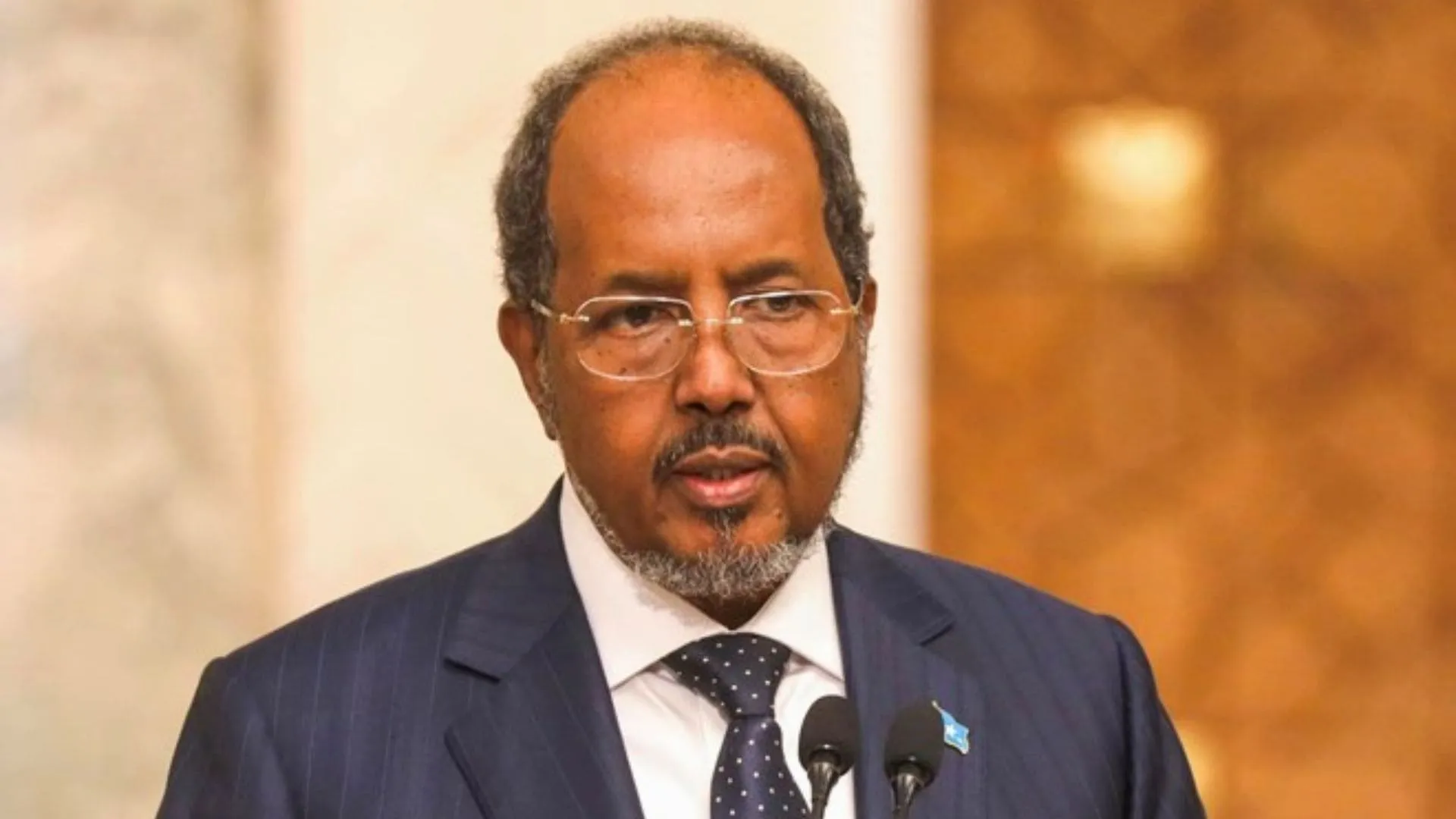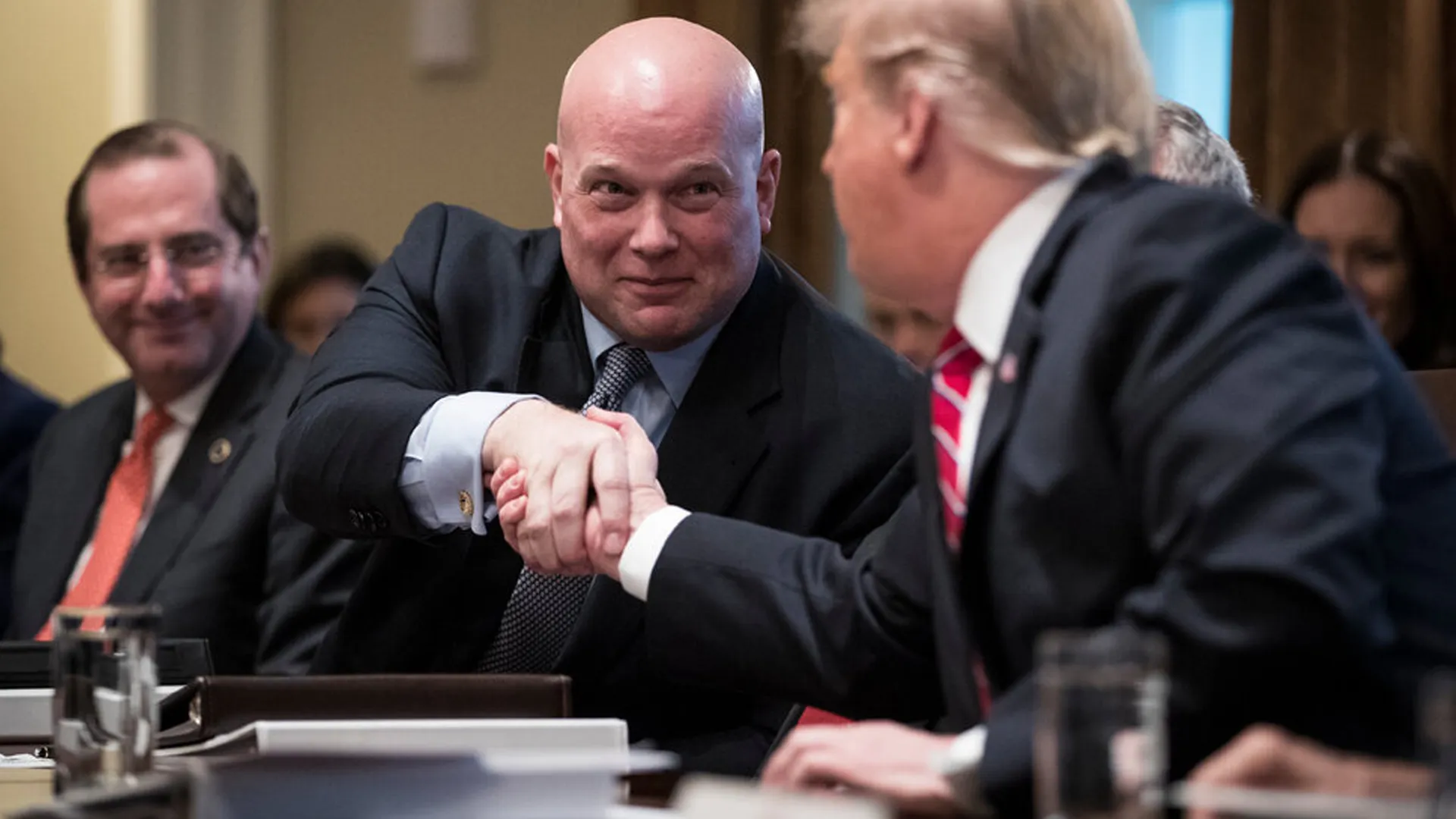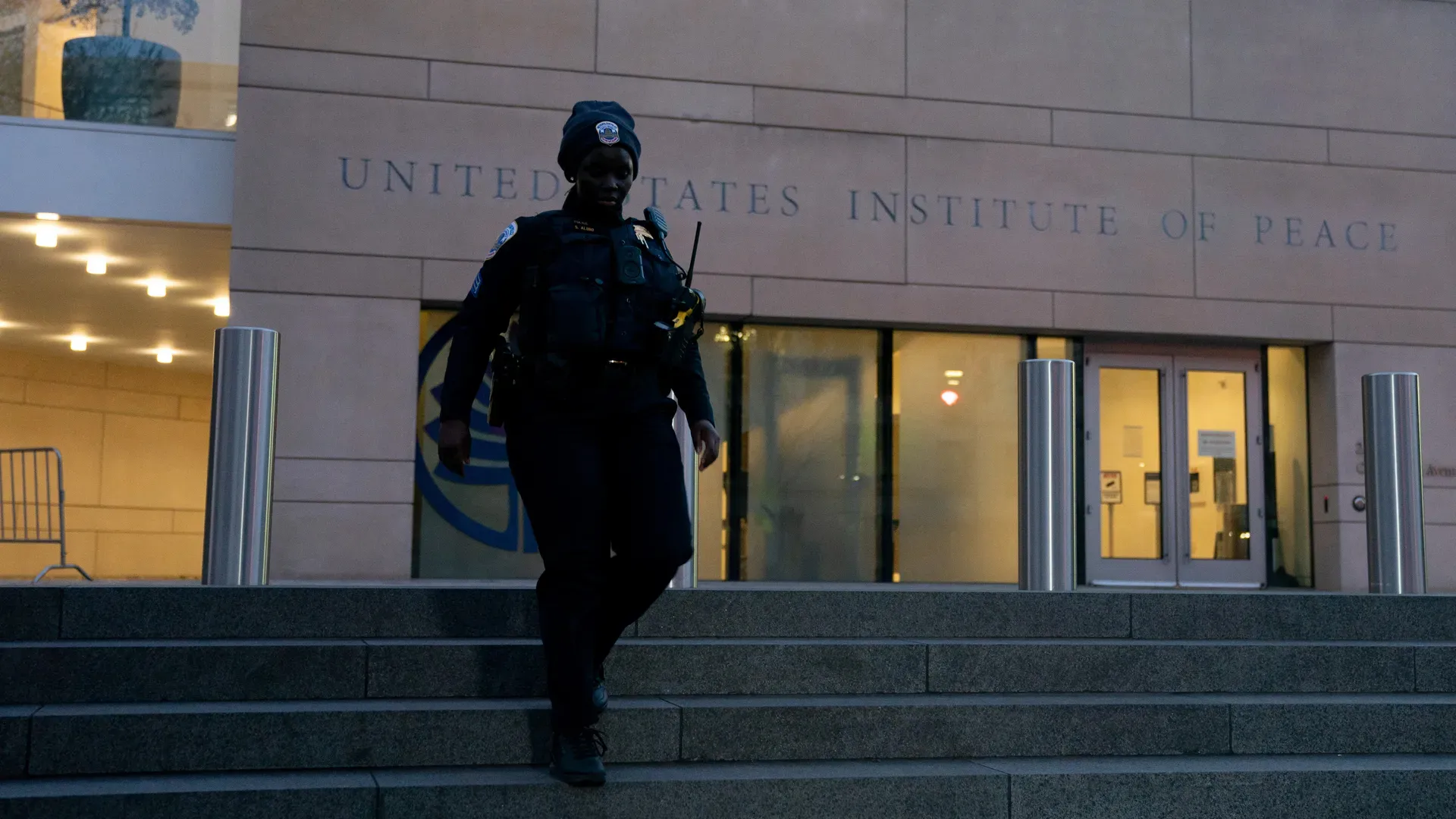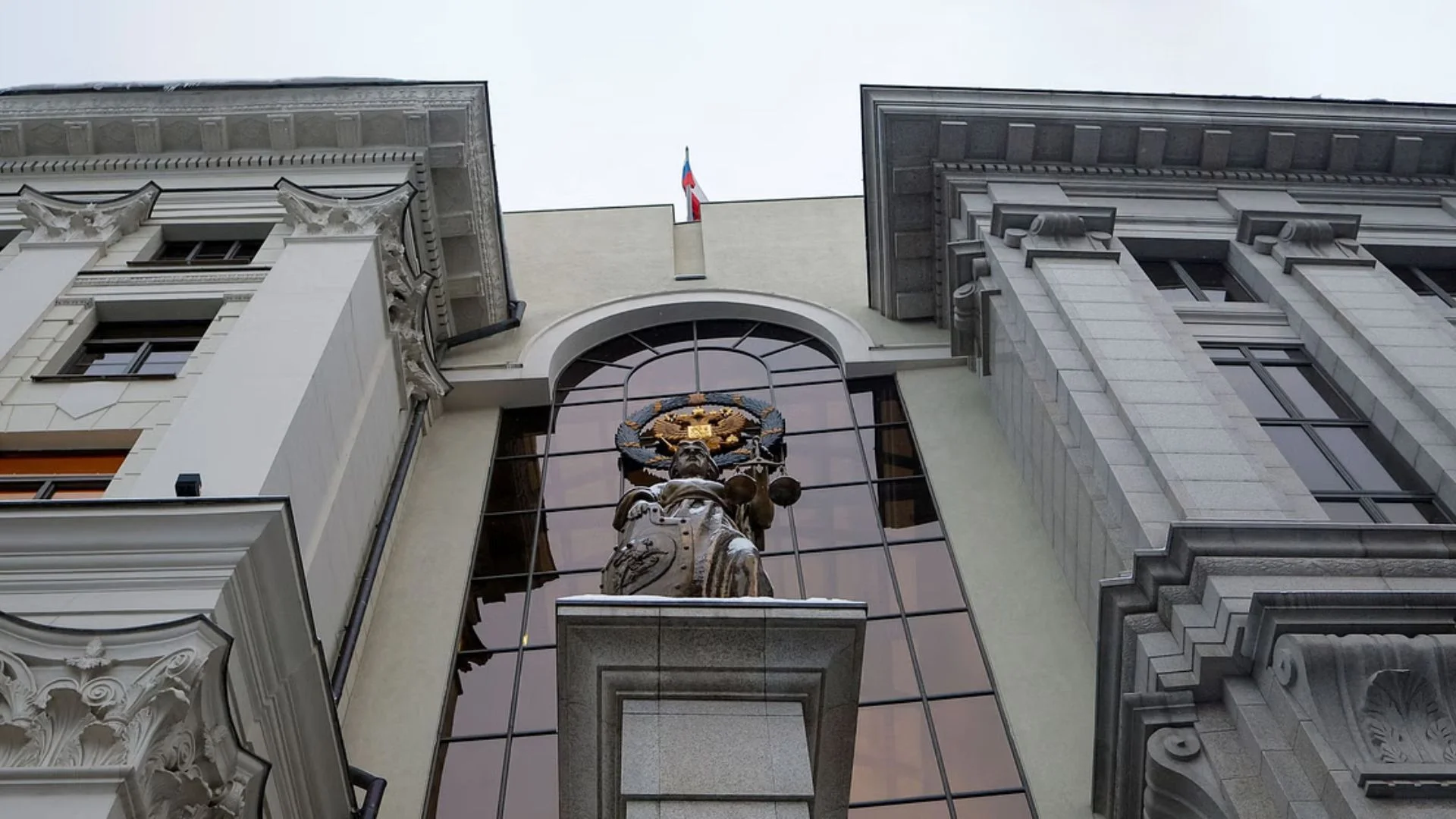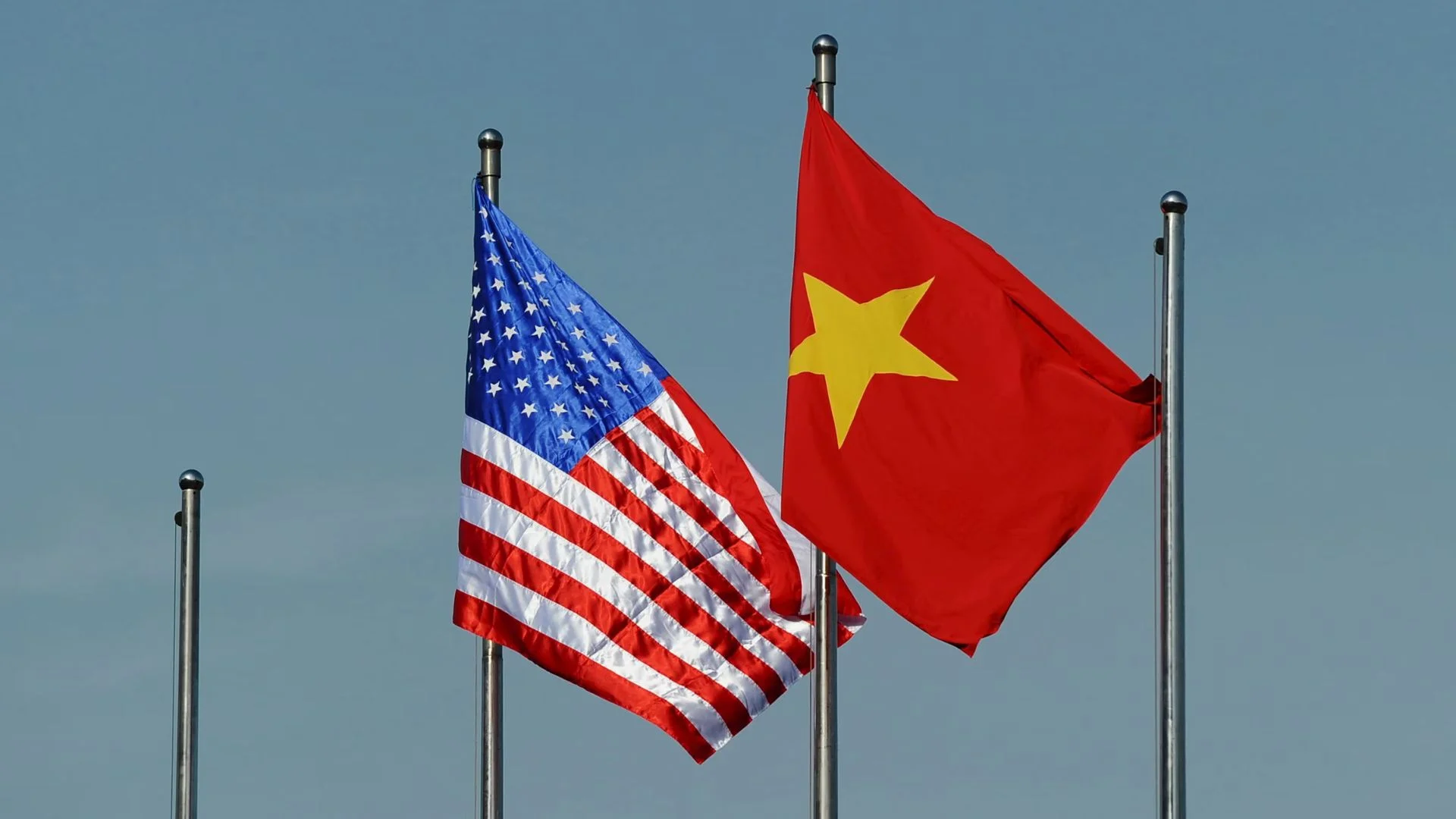Somalia has offered the United States exclusive control over key air bases and ports, seeking stronger security ties. The proposal, outlined in a letter from President Hassan Sheikh Mohamud to U.S. President Donald Trump, includes access to bases in Balidogle and Berbera, along with the ports of Berbera and Bosaso. The move could deepen U.S. military influence in the Horn of Africa while igniting regional tensions, particularly with Somaliland.
A Strategic Offer to Strengthen Ties
The letter, dated March 16 and verified by a regional diplomat, highlights Somalia’s intent to boost military cooperation. The president emphasized that granting the U.S. control of these assets would enhance security and prevent external rivals from gaining influence in the region. Somalia’s foreign affairs and information ministries have not yet commented on the matter.
The U.S. has long maintained a military presence in Somalia, primarily targeting Islamist militant groups like al-Shabaab. If accepted, this deal could secure Washington’s access to critical military and logistical hubs, reinforcing its operations in East Africa.
Somaliland Rejects Somalia’s Proposal
The offer includes assets in Berbera, a port city in the breakaway Somaliland region. This could fuel tensions between Somalia’s central government and Somaliland, which has operated independently for decades.
Somaliland’s Foreign Minister Abdirahman Dahir Aden dismissed the proposal. “The U.S. knows who to engage with when it comes to Berbera,” he told Reuters. He accused Somalia’s government of corruption and insisted that Washington should deal directly with Somaliland, which he described as “peaceful, stable, and democratic.”
Somalia strongly opposes Somaliland’s independence bid, and the dispute over Berbera could further strain relations.
Geopolitical Implications
Balidogle, located about 90 km (55 miles) from Mogadishu, has been a critical base for U.S. and Somali forces in counterterrorism operations. Bosaso, in the semi-autonomous Puntland region, serves as a strategic trade and security hub.
If Washington accepts the offer, it could reshape the balance of power in the Horn of Africa. The U.S. presence could deter rival nations from expanding influence in the region while reinforcing its counterterrorism strategy. However, opposition from Somaliland and potential diplomatic hurdles may complicate the deal.
As tensions mount, Somalia’s proposal remains a pivotal move that could redefine U.S. engagement in Africa. The decision now rests with Washington.

